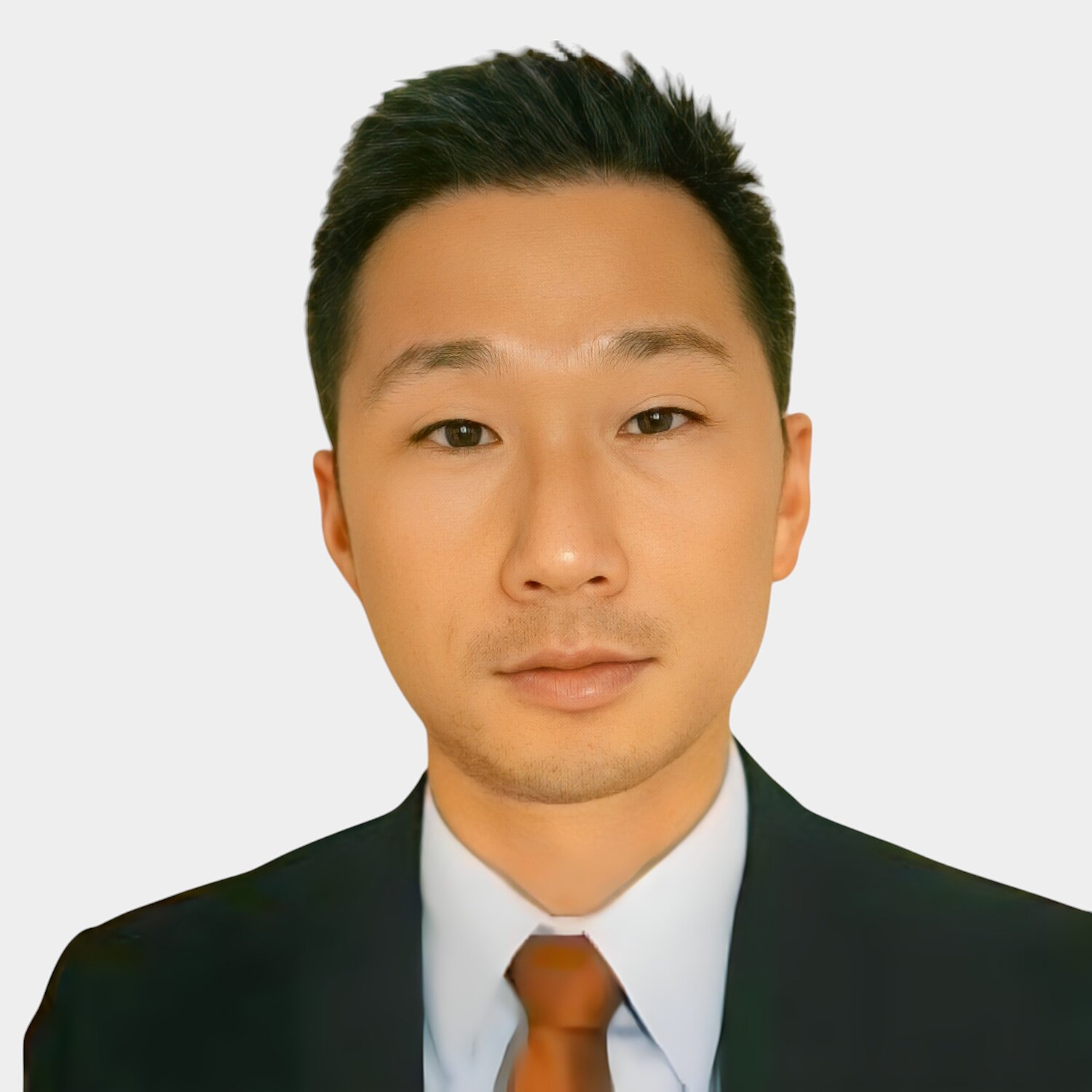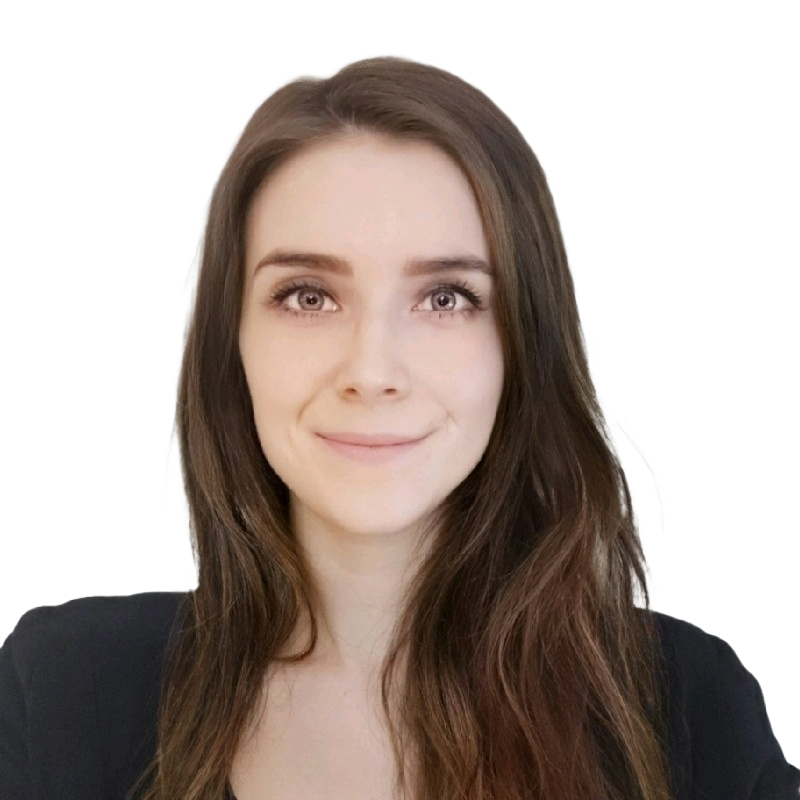WEBINAR:
Impact of Synthia on GSK Chemical Development
The webinar focused on the advancements in SYNTHIA™ Retrosynthesis Software and its impact on chemical development at GlaxoSmithKline (GSK), presented by John Lim from GSK. John highlighted how SYNTHIA™ has become an integral tool in GSK's chemical development process, aiding in route selection and synthesis planning. The software's ability to suggest diverse, high-quality synthetic routes has enhanced GSK's confidence in their chosen pathways, ensuring that project teams conduct thorough due diligence. John emphasized the collaborative nature of using SYNTHIA™, where it complements the expertise of chemists by providing alternative ideas and reinforcing existing plans. The integration of SYNTHIA™ into GSK's workflow has streamlined brainstorming sessions and accelerated decision-making, ultimately contributing to more efficient drug development.
Key Learning Objectives:
- Understanding SYNTHIA™'s Role in Route Selection:
Learn how SYNTHIA™ assists in evaluating and selecting optimal synthetic routes by providing diverse and high-quality pathway suggestions, thereby enhancing confidence in decision-making processes at GSK.
- Enhancing Collaboration Between Chemists and AI Tools:
Explore the collaborative approach between chemists and SYNTHIA™, where the software acts as a supportive tool that complements human expertise by generating alternative synthetic ideas and reinforcing existing plans.
- Accelerating Chemical Development Processes:
Discover how the integration of SYNTHIA™ into GSK's workflow has streamlined brainstorming sessions, reduced the time spent on route selection, and improved overall efficiency in drug development.
Speaker

John Lim (MS), Senior Scientist API Chemistry, leads the CASD Team at GSK Chemical Development, which uses computational tools, such as SYNTHIA™ retrosynthesis software, for the route selection process. He obtained his Bachelor’s degree from the University of Pennsylvania, interning in the lab of Dr. Amos Smith, and completed his MS degree in Chemistry from Yale University in 1999, working under Dr. John Wood. He began his career at Merck & Co., Inc. in medicinal chemistry, working on a variety of lead ID and lead optimization programs. He joined GSK in 2012 and shifted his focus to process chemistry. Recently, he collaborated in the development of the flow process for Duvroq™ (daprodustat), which was approved in Japan in 2020 for the treatment of anemia.

Dr. Ewa Gajewska holds a position of a Head of Product Management in Merck, Darmstadt, Germany where she leads the development of SYNTHIA™ Retrosynthesis Software. She graduated in biotechnology and chemistry from the Gdansk University of Technology and was a recipient of the Outstanding Achievements Award from Poland’s Minister of Science and Higher Education. In 2020 she received her PhD from the Institute of Organic Chemistry at the Polish Academy of Sciences. Her doctoral work was devoted to development of the SYNTHIA™ Retrosynthesis Software for computer-assisted synthetic planning. Her passion for tackling complex scientific challenges within commercial settings and the unique blend of her interdisciplinary skills drive the realization of innovative features of SYNTHIATM Retrosynthesis Software.